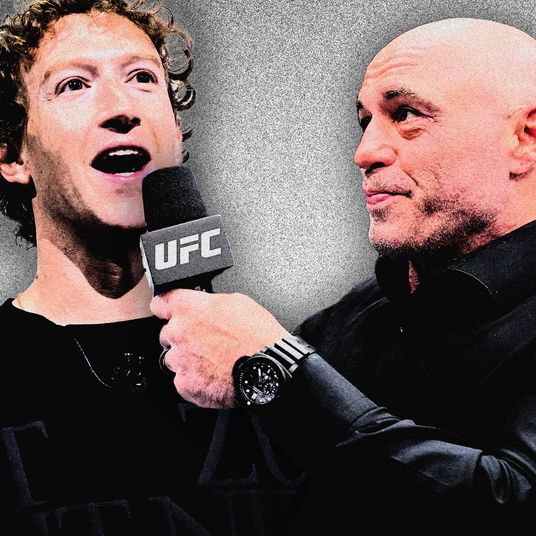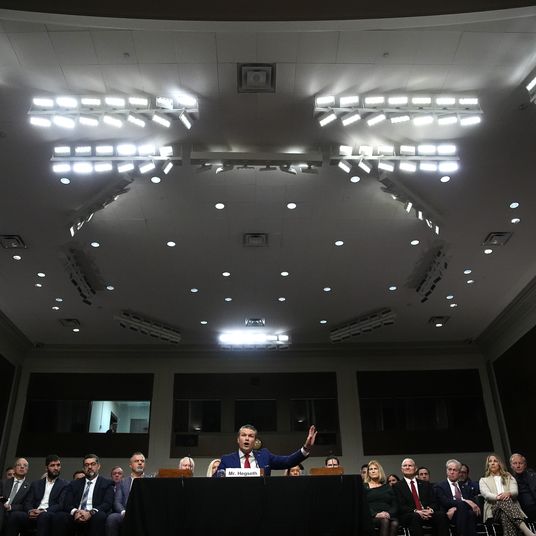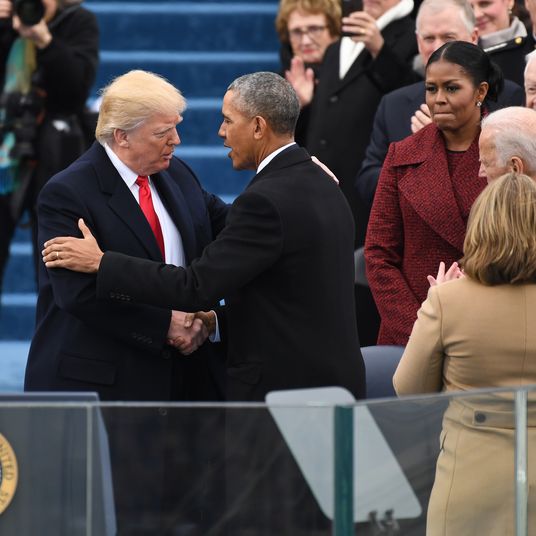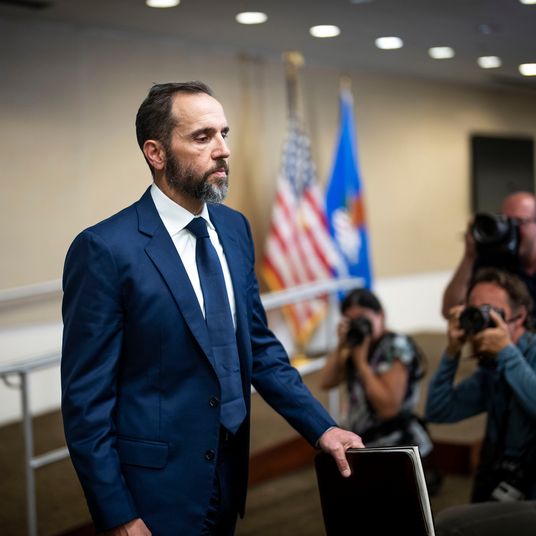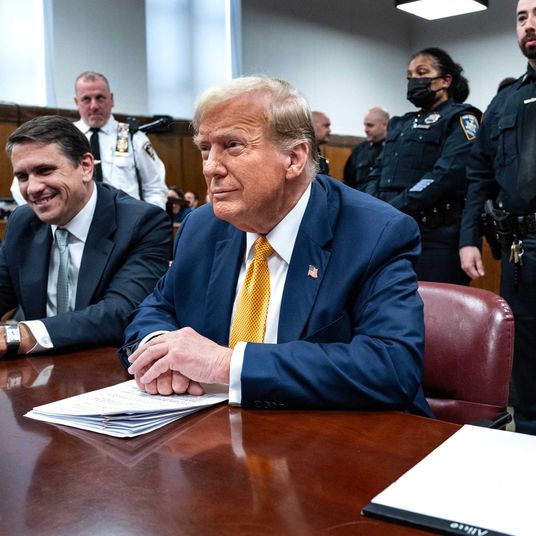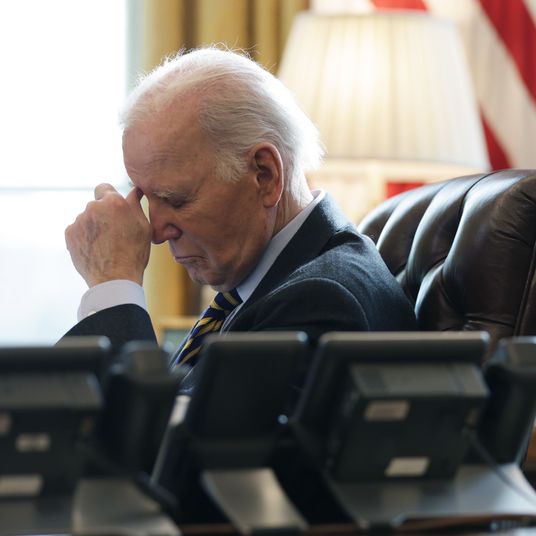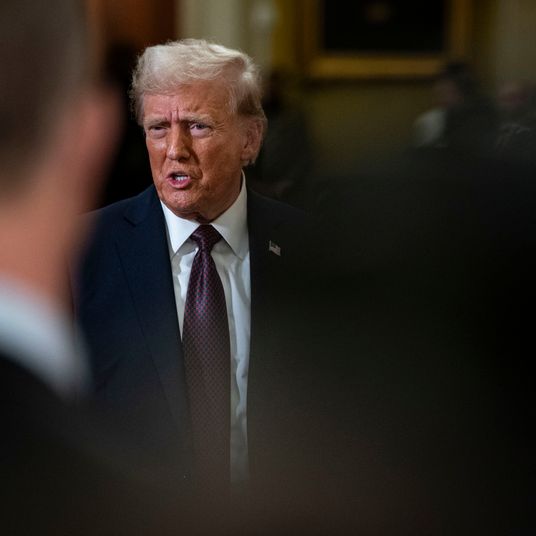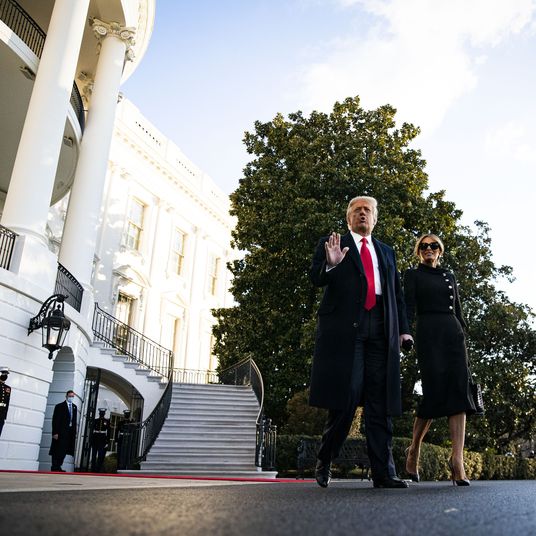
Photo: Getty Images
As we move out of last night’s Republican primary in New Hampshire, and the fatigued Democratic debate, one thing has become clear: We don’t know what’s going to happen. Pollsters and pundits alike don’t understand the dynamics of the race and can’t seem to predict how the leads in either race will shift as we continue from state to state. But something interesting (or dreadful, depending on how you view it) is emerging. This year’s contest, it seems, is soon going to become all about the delegates.
Sure, every national election is “all about the delegates,” technically. But as we enter the South Carolina primary, we’re hearing more and more about the importance of delegate-oriented campaign planning and how because of the complicated system that many voters don’t understand, strategies might dramatically shift in the coming weeks.
• “I’m not sure it’s about the bump [after Michigan],” Romney told reporters this morning. “It’s about putting together delegates.” Romney, despite having Michigan as his first win, is leading with 42 delegates amassed so far. [Detroit Free Press, AP]
• Indeed, advisers for Romney have debated skipping the South Carolina primary and concentrating his energy elsewhere (in Florida against Giuliani, for example), as SC gives all of its delegates to the winner of the primary and McCain is already in the lead there. [NYT]
• In states with open primaries, McCain does better in the percentages because Independents flock to him. But on the Republican side, there are few of those left. Which means an uphill battle for those extra delegates he can get without a win. [Talking Points Memo]
• On the Democratic side, some are predicting that because of the complicated rules of proportional representation adopted in 1988 (in which candidates are given delegates according to a mixed percentage of the votes they earn in congressional districts versus the share they get statewide), we’re still not going to know who is winning after Super Tuesday. This hasn’t happened before, as there’s always been a clear front-runner since the rules were adopted. [WP]
• As of now, Senator Hillary Rodham Clinton has 187 delegates, some superdelegates (another point of confusion for many voters). Obama has 89, and Edwards has 50. But even after Super Tuesday, only 1,818 of the Democratic delegates will have been awarded. One candidate alone needs 2,025 to secure the nomination.
• This may serve to make later, smaller states like Maryland much more influential in their voting. In fact, the focus may turn out to be all on them as they divvy up their meager delegates. [Baltimore Sun]





